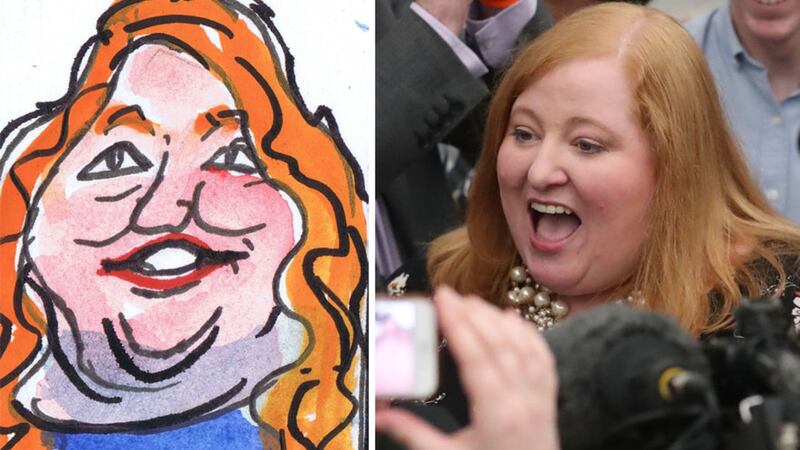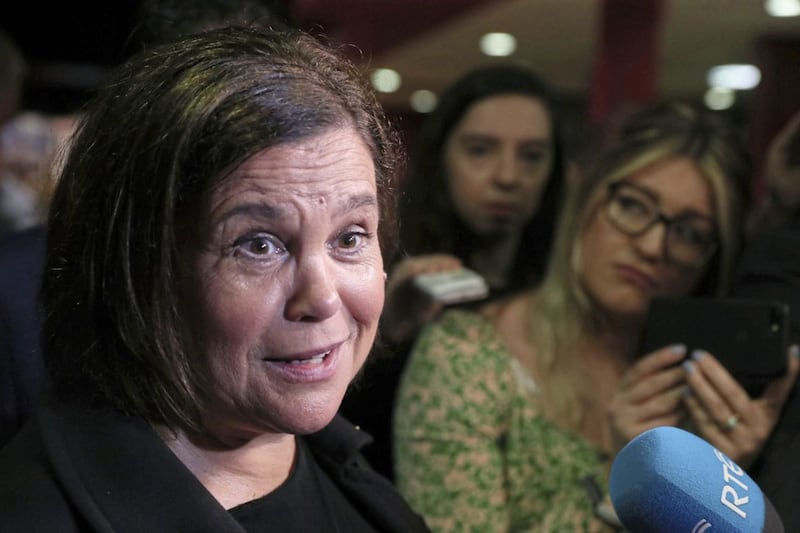THE European election has been one of clear messages.
Both in Northern Ireland and Britain, those parties who presented a coherent narrative generally excelled, while inconsistency and a lack of clarity were punished at the polls.
As Danny Kennedy learned to his cost, people don't care for wavering and indecisiveness.
The electorate of Northern Ireland have responded in turn with two clear messages.
The first reiterates the majority's desire to remain in the EU. The re-election of the pro-Remain Martina Anderson was a given, though perhaps the sitting Sinn Féin MEP felt a little nervous as news of her colleagues' battles in the Republic filtered through.
Read More
- 'History made' as north returns two anti-Brexit MEPs
- Sinn Féin fighting to retain seats in Republic's three EU constitituencies
- Former SDLP leader Mark Durkan 'does not regret' Fine Gael run for Dublin seat despite defeat
However, Naomi Long's surge to take the third seat is the closest thing to a seachange regional politics has experienced for some time.
And the Alliance leader didn't just scrape through – it was obvious when her first preference tally of 105,928 was announced that she was destined to be returned as an MEP. Though transfers too played a role in her success with more than 46,000 coming from the eliminated Colum Eastwood, compared to 24,236 for Ms Anderson.
In comparison to the 29 seats secured by the Brexit Party, the voices of the north's two pro-Remain MEPs may appear muted yet both are very capable of agitating and ensuring the concerns of their constituents are heard. They will also find many allies in Brussels and Strasbourg.
Read More
- Jim Allister refuses to shake Martina Anderson's hand
- Naomi Long's East Belfast successor may not even see inside Stormont
- Mary Lou McDonald reflects on 'challenging weekend' for Sinn Féin
But not only are two of the north's MEPs committed Remainers, they are also non-unionists.
The second message sent from the electorate is that unionism no longer controls Northern Ireland politics. It may not be the tipping point that signals the inevitability of a united Ireland but the loss of the Ulster Unionists' seat after 40 years reinforces the result of the 2017 assembly election and shows the north is entering a new era where progressive politics trumps its reactionary counterpart.
How this transformation feeds into the process aimed at restoring the Stormont institutions remains to be seen.
Read More
- European election analysis: Party by party performance
- No real change in north's Brexit voting pattern
- Pro-Brexit Twitter linked to DUP deletes European election video using Troubles footage
It may force the DUP to be more conciliatory and less resistant to modernising legislation, making the laws on language, same-sex marriage and women's reproductive rights more reflective of those in Britain. But if past experience is anything to go by, it's very possible Arlene Foster's party will become more entrenched, continuing on the trajectory that has delivered electoral success.
Given that the UK could be out of the EU by November and the north's MEPs' careers short lived, yesterday's result could be regarded as largely symbolic but nonetheless that shouldn't dilute the significance of its message.








